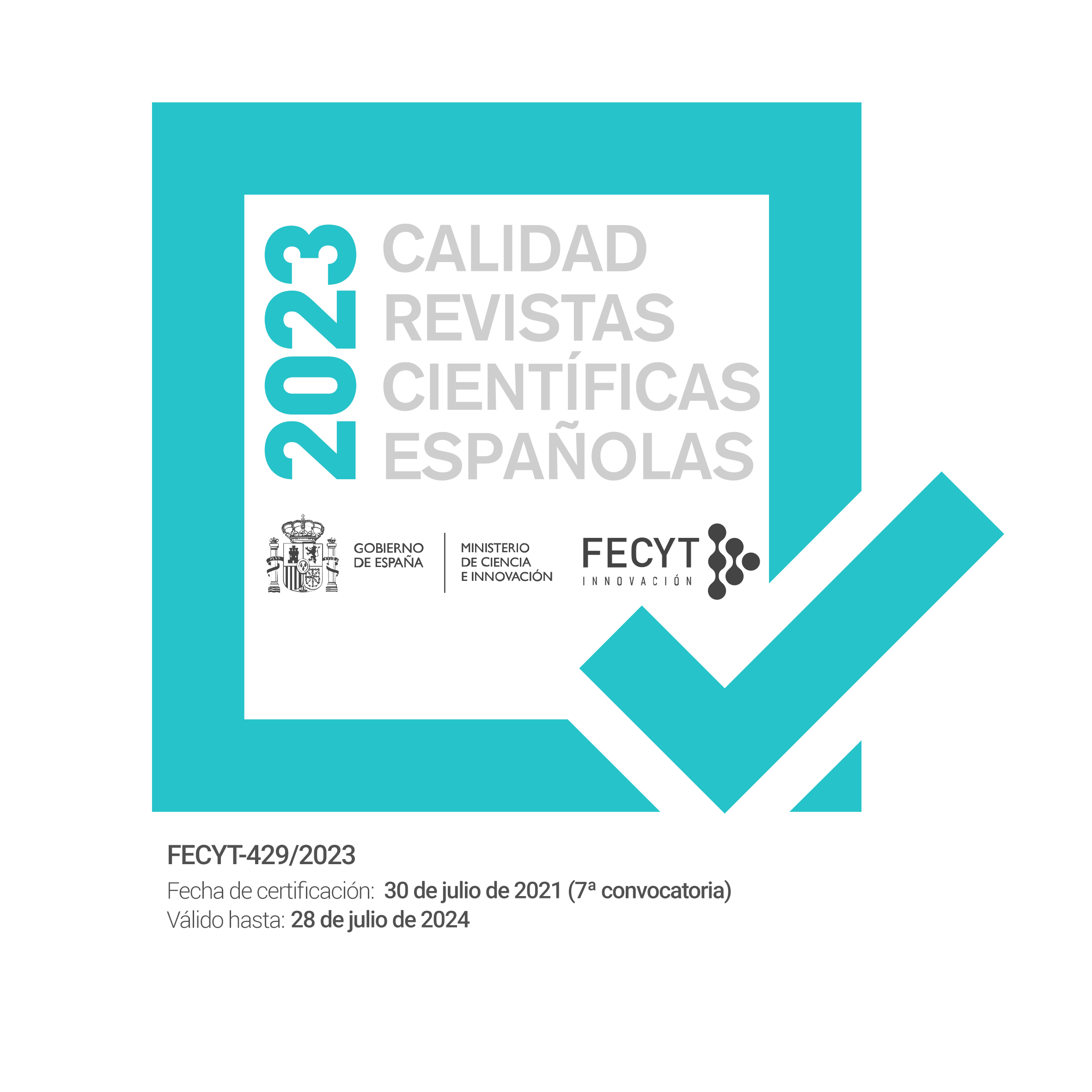Code of ethics and goos practice for Referees
This Code[1] proposes some guidelines that prescribe the good practices of the evaluators involved in the journal, in order to ensure quality research and the maintenance of the journal's good reputation. The evaluation process in a research journal is the activity that mediates between what is intended to be transmitted to the scientific community and what is actually received by that community. It is a professional activity that gives validity to the research that is published. As an intersubjective process, it must be guided by ethical guidelines that guarantee adequate academic procedures and homogenise the criteria for the acceptance or rejection of manuscripts.
- Right of refusal
1.1 The evaluator should refuse to evaluate a manuscript if he or she finds that it does not have the appropriate qualifications to judge the validity of the research submitted. In this case, he must immediately inform the editor so that the task can be assigned to someone else.
- Confidentiality of the Blind Peer Review Process
2.1 Evaluators should not be responsible for manuscripts that contain a reference to the identity of the author: in such cases, they should immediately inform the editor so that the text can be reformed, removing any reference to the author, and sent to another evaluator. Evaluators also have a responsibility to remove any references in their evaluation reports that identify them or may provide clues to the author as to the identity of the evaluator.
2.2 Evaluators should not discuss or comment on any unpublished manuscript with anyone other than the journal editor. Once the work has been published, if evaluators wish to use and reproduce information from it, they should do so in accordance with usual good scientific practice, citing the source appropriately.
2.3 If evaluators suspect malpractice in the research process on the part of an author, they should immediately inform the editors of the journal in a confidential manner.
- Conflict of interest
3.1 Evaluators should refuse to take charge of the evaluation of any manuscript that presents a potential or actual conflict of interest, by virtue of the research topic of the work, or any other relevant aspect. Evaluators who believe they may have a conflict of interest with respect to a manuscript should immediately inform the editor so that the editor can determine the extent of the conflict and act accordingly.
- Accuracy of Criticism
4.1 Evaluators should be aware that any evaluation involves an academic value judgment about the manuscript being evaluated. They are therefore asked to be honest, careful and courteous in their work, especially in communicating their criticisms and problems encountered, both about the research process and about the conclusions or results of the research. Evaluators must present their judgments in a professionally and academically adequate manner, providing maximum detail and precision on formal corrections and arguing sufficiently for corrections of content. Evaluators should not engage in contradictory behaviour in the evaluation process, such as, for example, issuing positive and/or poorly substantiated superficial evaluation reports to the author and, at the same time, sending negative criticisms to the editor.
- Evaluation deadlines
5.1 Evaluators should conduct their evaluations properly within the timeframe established by the journal. If an evaluator wishes to conduct the commissioned review, but is unable to meet the deadlines proposed by the publisher, the evaluator must inform the publisher and propose a later date to the publisher. If the change of date is not possible, the evaluator must desist and the editor will entrust the evaluation to someone else. The period that the journal has announced as normal for issuing the acceptance or rejection opinion that the author has to receive should not be missed, and even less should the fulfillment of the publication deadlines with punctuality of the issues of the journal be jeopardized.
[1] This Code follows closely the one Daimon published in 2019. We thank the editors of this magazine for their generosity in giving us permission to use their text to formulate the Analysis. As in the former, we have tried to maintain an inclusive language throughout the text: generic masculine expressions (editors, editor, etc.) should be understood as an option that allows a less cumbersome reading, which in no case intends to exclude people of feminine gender.





